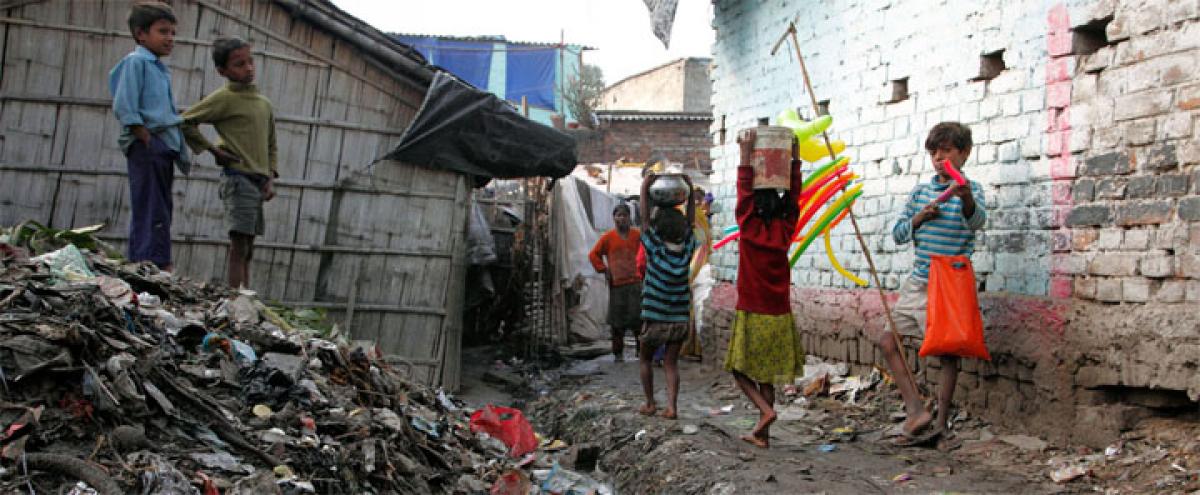Live
- Telangana's Traditions Will Be Protected, Village by Village : BRS Leader MLC K. Kavitha
- Uganda to relocate 5,000 households from landslide-prone areas in eastern region
- Harish Rao Criticizes CM Revanth Reddy: "His Time is Over"
- Vijay Sethupathi Hails 'Vidudala-2' as a Theatrical Game-Changer
- Sahaj Yog: A Path to Inner Transformation and Harmony City takes giant strides
- Allu Arjun meets his uncle Nagababu at his residence
- J&K L-G felicitates Langar organisations & NGOs for contribution during Amarnath Yatra
- Hit by Covid, MP's Rakesh Mishra sees revival of his fortunes, courtesy PM SVANidhi scheme
- Trailblazing Yakshagana Artiste Leelavathi Baipaditthaya No More
- Cong in direct fight with BJP on 45-50 seats in Delhi Assembly election: Sandeep Dikshit





.jpg)




